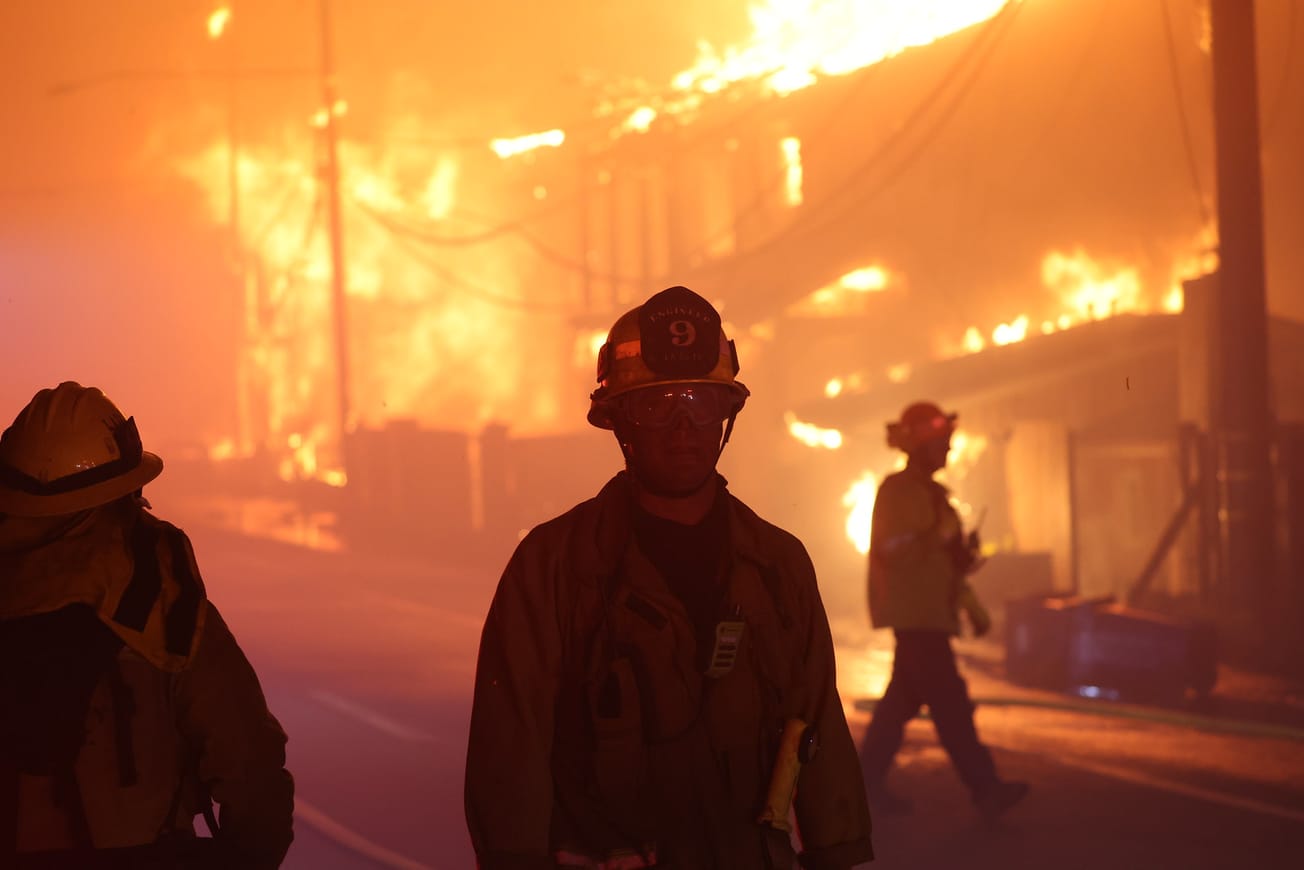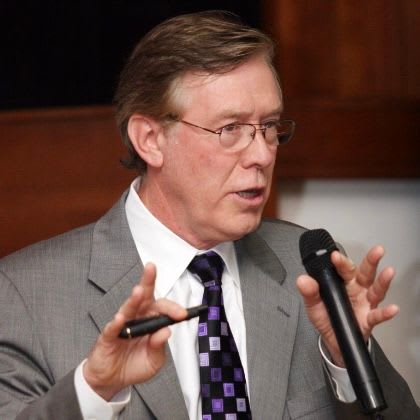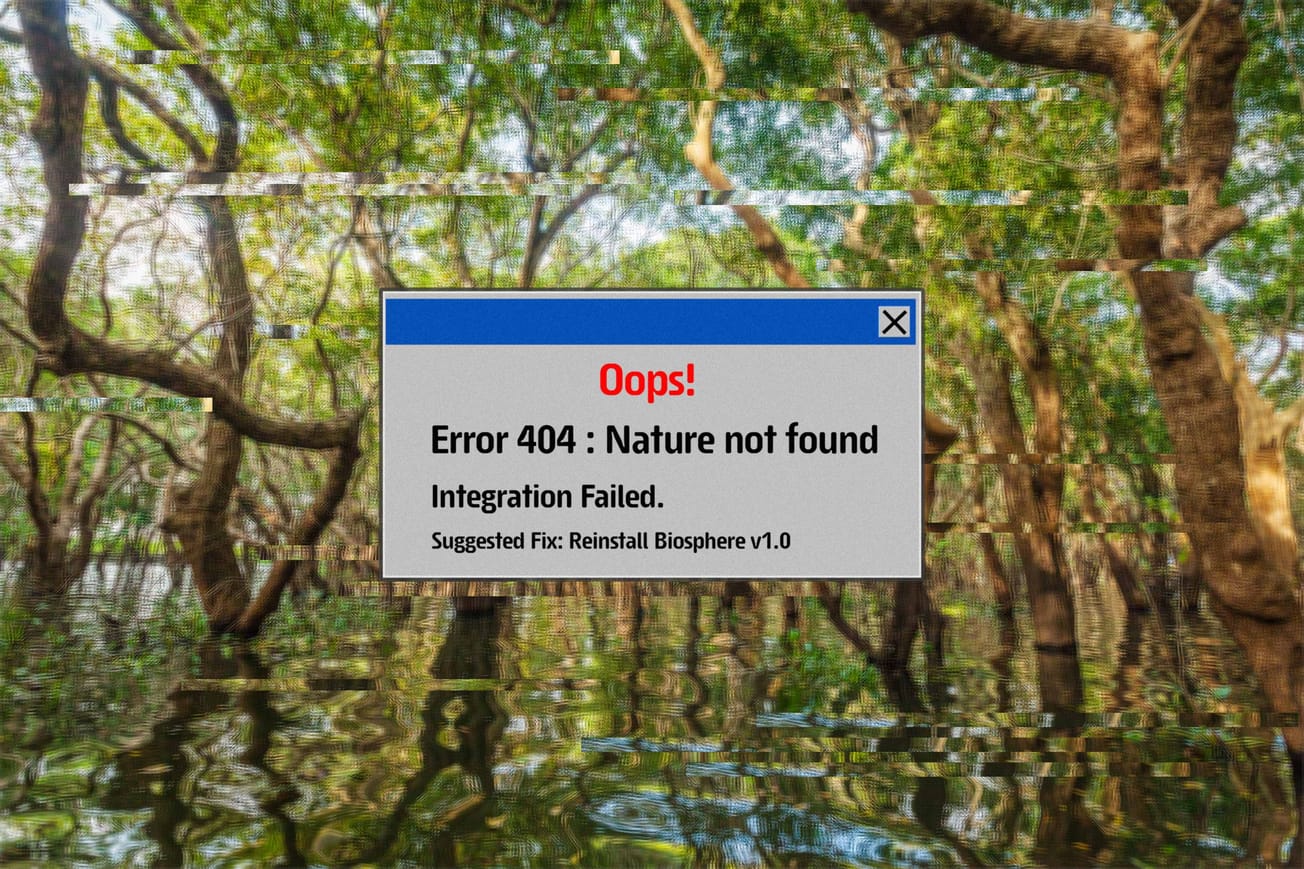Los Angeles is experiencing one of its most alarming climate crises yet. For the past eight months, the city has seen no measurable rainfall, a stark reflection of shifting weather patterns driven by global warming. Living in Los Angeles, I have witnessed firsthand the devastating impact of these changes, particularly through the lens of the relentless LA fires. These fires are not just environmentally catastrophic; they are emotionally and economically ruinous, leaving deep scars on individuals and the broader community.
The emotional toll of the fires is palpable. Families who lose their homes often lose everything—memories, possessions, and a sense of security. For those without adequate insurance, the path to recovery can feel impossible. Entire livelihoods are also at stake, as businesses in fire-burned areas shutter, leaving workers unemployed and communities economically stranded. The ripple effects of these disasters extend far beyond the burn zones, impacting the entirety of Los Angeles and resonating across America.
At the heart of these crises lies the broader economic debate over how communities and industries can financially deal with their climate-related risks. As the planet warms, the financial threats to various sectors are becoming increasingly evident. Industries like insurance and utilities, traditionally seen as stable investments, are now grappling with unprecedented challenges. For instance, utilities in California, including Edison International, PG&E Corp., and Sempra, are under severe financial pressure as wildfire risks mount. Despite legislation designed to shield utilities from bankruptcy, concerns linger that these measures may not be sufficient to handle the growing scale of damages. Utilities are often held liable for starting wildfires, whether due to downed power lines, equipment failures, or inadequate maintenance. The financial consequences can be staggering.
Insurance companies, too, are facing escalating risks. With preliminary estimates of damage and economic losses from the LA fires estimated between $100 billion to $200 billion, insurers operating in high-risk zones are experiencing significant financial strain. Rising claims and inflated premiums are only part of the story; reinsurers—companies that insure the insurers—are also struggling to manage costs as fire seasons grow longer and more severe. These challenges are not confined to insurance and utilities. Sectors like agriculture, forestry, construction, real estate, and tourism are also feeling the heat, literally and figuratively, as climate change disrupts resources, ecosystems, and supply chains.
Amid this turmoil, the debate over environmental, social, and governance (ESG) disclosures has reached a fever pitch. The Securities and Exchange Commission (SEC) recently mandated climate-related risk reporting, but these rules are currently in limbo due to political and legal challenges. Proponents argue that transparent ESG metrics are essential for investors to assess long-term risks tied to climate change. Opponents, however, see these mandates as overreach that could stifle profits.
Regardless of federal actions, states like California and New York, along with the European Union, are pushing forward with their own disclosure requirements. Companies doing business in these jurisdictions must comply, providing some level of transparency even if federal regulations falter. Many firms also participate in voluntary global frameworks, recognizing that addressing climate risks is not just a regulatory obligation but a business imperative.
The stakes have never been higher. The longer and more intense fire seasons driven by global warming are reshaping entire industries, straining financial systems, and displacing communities. The lack of rain in Los Angeles and the devastation of the fires underscore the urgent need for action. Policymakers, businesses, and individuals must embrace both immediate solutions and long-term strategies to combat the impacts of climate change.
As someone who lives in Los Angeles, I see the toll of inaction. The smoke-filled skies, the heartbreaking loss of homes, and the growing economic instability are reminders that climate change is not a distant threat—it is here at our doorsteps and demanding our attention. We must act decisively, holding both our communities and industries accountable for prioritizing sustainable practices to ensure a future where communities can still thrive despite the challenges of a warming world.













